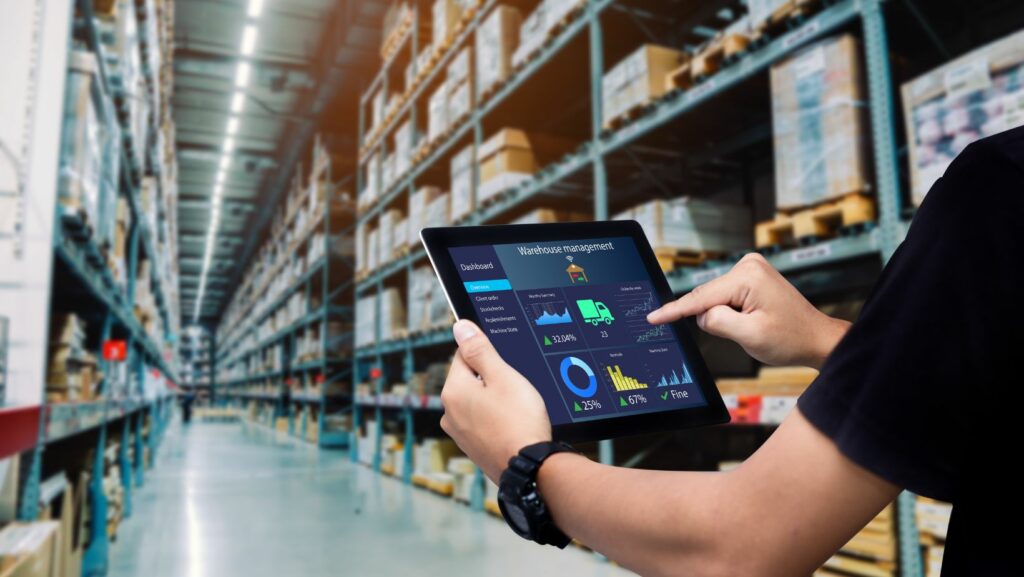In a world increasingly driven by technology, smart building solutions are reshaping the way we think about architecture and urban living. These innovations not only enhance energy efficiency but also improve occupant comfort and safety. As cities grow and the demand for sustainable practices rises, smart building technology companies are at the forefront, providing cutting-edge solutions that integrate IoT, automation, and data analytics.
Smart Building Technology Companies
Smart building technology companies play a crucial role in the evolution of urban living. These organizations develop solutions that integrate the Internet of Things (IoT), automation, and data analytics, creating responsive environments that enhance comfort and efficiency.
Key Players In The Industry
-
 Johnson Controls
Johnson Controls
Johnson Controls excels in building management systems and energy efficiency solutions. The company offers integrated technologies to optimize operational performance. -
Siemens
Siemens provides innovative automation and digitalization solutions. They focus on sustainability, enhancing resource efficiency in smart buildings. -
Honeywell
Honeywell specializes in a variety of smart building technologies, including security systems and energy management services. Their comprehensive offerings target enhanced occupant safety and comfort. -
Schneider Electric
Schneider Electric focuses on energy management and automation. They deliver solutions that improve efficiency, reliability, and sustainability. -
Cisco
Cisco offers advanced networking and connectivity solutions for smart buildings. Their expertise in IoT enables effective data analysis to enhance operational performance.
Market Trends And Innovations
Increased Use Of IoT Technologies
 IoT technologies play a central role in connecting devices across buildings. This connectivity enables real-time data collection and analysis, leading to optimized resource management. Companies like Cisco and Senseware lead the charge in developing robust communication frameworks that facilitate seamless device interaction. Enhanced data sharing allows for more efficient building operations.
IoT technologies play a central role in connecting devices across buildings. This connectivity enables real-time data collection and analysis, leading to optimized resource management. Companies like Cisco and Senseware lead the charge in developing robust communication frameworks that facilitate seamless device interaction. Enhanced data sharing allows for more efficient building operations.
Shift Towards Energy Management Systems
Energy Management Systems (EMS) remain critical for modern smart buildings. These systems provide insights into energy consumption patterns, enabling stakeholders to identify inefficiencies and implement corrective measures. Schneider Electric, Honeywell, and Johnson Controls continue to innovate with tools that promote data-driven energy management practices. This focus significantly reduces operational costs and environmental impacts.
Resilience And Adaptability
Building resilience against environmental challenges remains a focus in smart building innovations. Companies create adaptable structures that can withstand extreme weather and other unforeseen events. The emphasis on flexibility ensures that smart buildings remain functional and safe in shifting conditions.
Emphasis On Occupant Experience
 Innovations prioritize occupant comfort and experience. Smart technologies like automated lighting, personalized climate control, and advanced security systems ensure environments adapt to individual preferences. Companies are integrating user-centric designs, enhancing overall satisfaction inside buildings.
Innovations prioritize occupant comfort and experience. Smart technologies like automated lighting, personalized climate control, and advanced security systems ensure environments adapt to individual preferences. Companies are integrating user-centric designs, enhancing overall satisfaction inside buildings.
Sustainability initiatives are paramount in the evolution of smart buildings. Companies are shifting to renewable energy sources and integrating sustainable materials into their designs. Innovations in energy recycling and smart grid connections create a more resilient infrastructure, promoting green practices in urban centers.
Advanced Analytics And Machine Learning
Advanced analytics, along with machine learning capabilities, revolutionize the way buildings are managed. These technologies analyze data patterns to predict maintenance needs, optimize resource allocation, and enhance safety protocols. Building operators leverage insights gained from these analytical tools to create proactive management strategies.
Adoption Of Cloud-Based Solutions
 Cloud technology enhances the scalability and accessibility of smart building solutions. Companies are increasingly relying on cloud platforms for data storage and analytics, enabling real-time monitoring from remote locations. This trend supports the implementation of comprehensive smart building strategies without significant infrastructure investments.
Cloud technology enhances the scalability and accessibility of smart building solutions. Companies are increasingly relying on cloud platforms for data storage and analytics, enabling real-time monitoring from remote locations. This trend supports the implementation of comprehensive smart building strategies without significant infrastructure investments.
Smart lighting represents an integral component of intelligent buildings. Innovations in intelligent lighting controls, offered by companies like Wattstopper, allow for adaptive lighting based on occupancy and natural light availability. This results in reduced energy consumption and improved user experience.
Integration Of Virtual And Augmented Reality
Virtual and augmented reality technologies are providing new avenues for building design and management. These innovations enable stakeholders to visualize changes before implementation, facilitating collaborative design processes. Furthermore, training for building management staff benefits from immersive simulations of smart environments.



